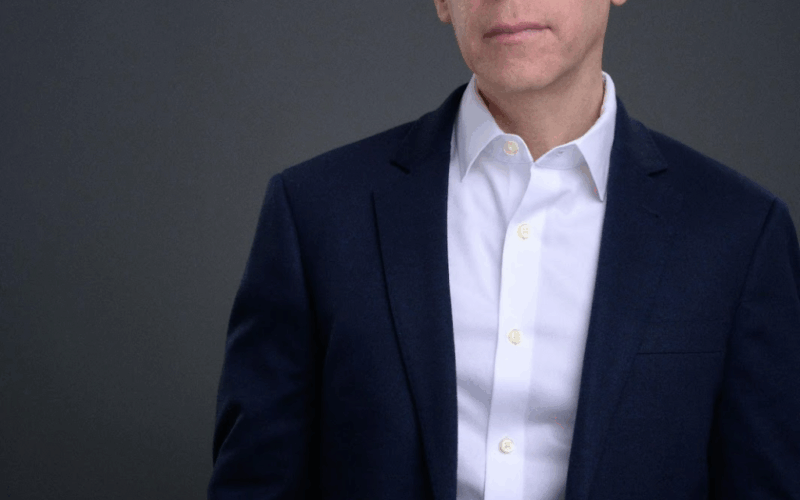Content oversight provided by Studio 1847
You’ve replayed the argument in your head a dozen times. Somehow, even though you tried to stay calm and tried to explain your feelings, it ended with you apologizing. Again.
You wonder if you overreacted. Maybe you are too sensitive. Maybe you do have trouble letting things go.
Or maybe something deeper is going on, something harder to name.
More people than we realize are quietly struggling with the effects of narcissistic relationships. Not the social media kind of narcissism — selfies and curated images — but the clinical kind. The kind that slowly erodes your sense of reality makes you question your judgment and leaves you emotionally drained.
These relationships don’t always look toxic at first. They often start with charm. The person might seem magnetic, funny, confident and sometimes even intoxicating. But as time goes on, the warmth gives way to criticism. Then, to blame. Then to control. One day, you’re no longer sure where your needs end, and their expectations begin — you’re just walking on eggshells.
This dynamic plays out in marriages, friendships, families and even professional environments. And because narcissism doesn’t show up in bruises or dramatic scenes, it often goes unrecognized. Victims don’t always think of themselves as victims. They just know something feels off.
You start second-guessing everything. You feel guilty for having needs. In some cases, you may begin to carry the other person’s feelings without realizing it. You feel ashamed, needy or irrational not because you are, but because those are the feelings the narcissistic person cannot tolerate in themselves and subtly deposits into you.
You keep the peace, hoping things will return to how they used to be. But while you’re managing the tension, something else is quietly happening inside. Your confidence — and with it, your own sense of self — begins to fade. Over time, you may start to feel unrecognizable to yourself, as if you’re living in someone else’s story.
There’s a name for this kind of emotional confusion: narcissistic abuse. And while the term might feel heavy, the experience is more common than most people realize.
What’s especially tricky is that narcissists often don’t look the part. They’re not all loud or flashy. Some are kind to strangers. Many are successful. They can be parents, partners, bosses or even therapists. But beneath the surface, there’s often a fragile sense of self, defended by a deep need for control, an inability to tolerate shame, and a tendency to distort reality in ways that protect their internal world at the expense of those around them.
If you’ve ever felt like you can’t win, be heard or seem to escape the feeling that everything is your fault, you’re not alone. And you’re not crazy.
Learning about narcissistic patterns can be a lightbulb moment. Suddenly, the arguments make more sense. The emotional whiplash has a name. Most importantly: you begin to realize that the problem may not be you, it may be the dynamic you’re stuck in.
Healing from narcissistic relationships takes time. It often begins with education, understanding the behaviors, the patterns and most importantly, how they’ve shaped your responses. You may have learned to suppress your voice or ignore your needs to keep the peace. Recovery involves slowly rebuilding that inner trust.
Dr. Anthony Mazzella is one of a growing number of experts helping people untangle these experiences. As a psychodynamic psychotherapist who specializes in personality disorders, he’s spent decades guiding patients through the confusion and emotional fallout of narcissistic abuse. His work isn’t about blame. It’s about helping people find clarity and reclaiming their emotional space so they can begin making choices grounded in self-trust instead of the confusion and self-doubt that once held them captive.
You don’t need a diagnosis to seek support. You just need a sense that something doesn’t feel right and the willingness to explore it. The truth is that narcissistic dynamics can affect anyone, and they thrive in silence.
If any part of this feels familiar, know that you’re not alone and that there are professionals like Dr. Mazzella who understand the terrain and can help you find your way through it.
Ready to learn more? Explore more on The Narcissism podcast and video channel. Each episode dives deeper into the real-life dynamics of narcissistic relationships: how they form, why they persist and how to begin healing from them.
Whether you’re just beginning to question your experience or are well on your path to recovery, you’ll find tools, stories, and expert insight to help you reconnect with your sense of self. Subscribe today, or visit DrMazzella.com to access free resources, join the community and take the next step toward clarity and emotional freedom.








